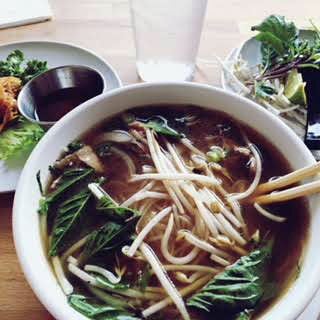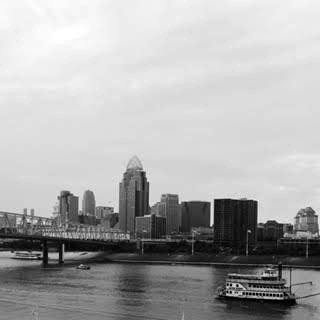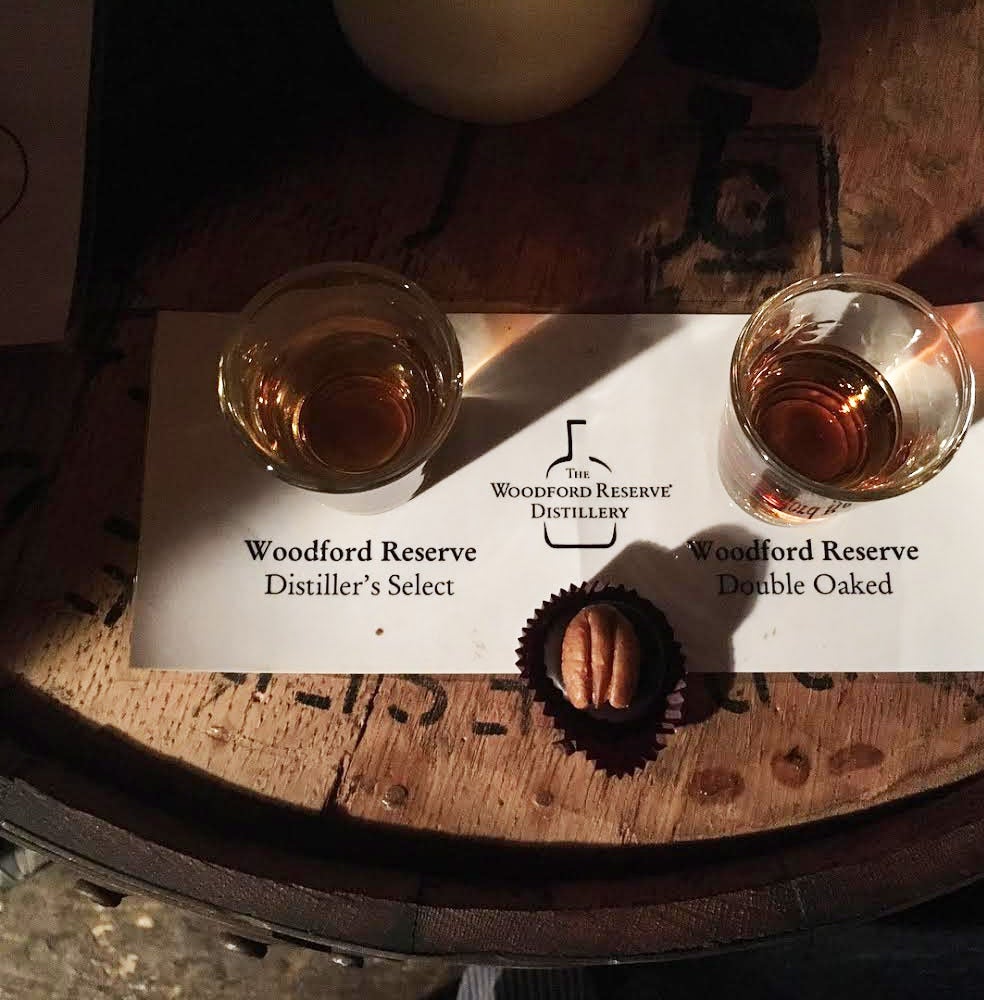Over the summer, Trena Pilegaard, a second-year student at our Washington, D.C. location, completed her cardiac rotation at Christ Hospital in Cincinnati, Ohio. Trena found the experience an invaluable one, studying topics such as drug titration, early identification of arrhythmias, codes, and the intricacies the heart itself.
The rotation, which is one of the CWRU MSA Program mandatory specialty rotations, exposed Trena to a number of drugs that she had not had the opportunity to use at her primary site, MedStar Washington Hospital Center, in Washington, D.C. In the operating room, she had the opportunity to work alongside an expert cardiac anesthesia team.
“The staff’s knowledge of cardiac anesthesia combined with their knack for teaching made the rotation at Christ Hospital a wonderful experience,” Trena said.
“I really appreciated that the hospital’s set routine for the procedures in the heart rooms, and that those procedures were clearly documented for students. For me, this facilitated a deeper understanding of cardiac anesthesia because I didn’t have to worry about what was physically needed for the procedure as per hospital standards, and could instead focus on learning about the procedure itself and the effects that could be expected on the patient.”
Each day, Trena would arrive at the hospital at 6:00 am and would be in her room by 6:15 am to start set-up. The first case would typically begin by 6:50 am, and she would work on cases until her shift ended around 3:00 pm.
Afterwards, she balanced her time between academics and exploration. “I would head back to my apartment, exercise, and then study for the rest of the afternoon. I would try to focus my study on topics pertaining specifically to anesthesia and its effects on the heart and circulatory system to reinforce what I had learned in the operating room that day. I also dedicated my Saturday mornings studying, usually in a local coffee shop. In my free time, I would explore the area, relax with a book, talk to family on the phone, or run errands.”
Trena, who spent several years abroad prior to beginning the MSA Program, stressed taking time to explore in your off-site clinical rotations. “Cincinnati is surrounded by farmland, and has a much slower pace of life than Washington, D.C. It’s rich in traditions from the people who settled that area. I would Google free things to do in Cincinnati and things to do in the nearby area. I feel like people live in a city or area for a reason, and I like to try and find the “aha” moment that lets me know why they live there.”
She had specific recommendations, too.
“You should always go to the local art museum. That is usually a hub of culture and history for that area. You can learn a lot about a city from their art and from where they keep their art. And scope out the food scene—see what traditions and cultures are influencing the food there.”
Browse photos from Trena’s rotation below, or learn more about our clinical rotations here.





















